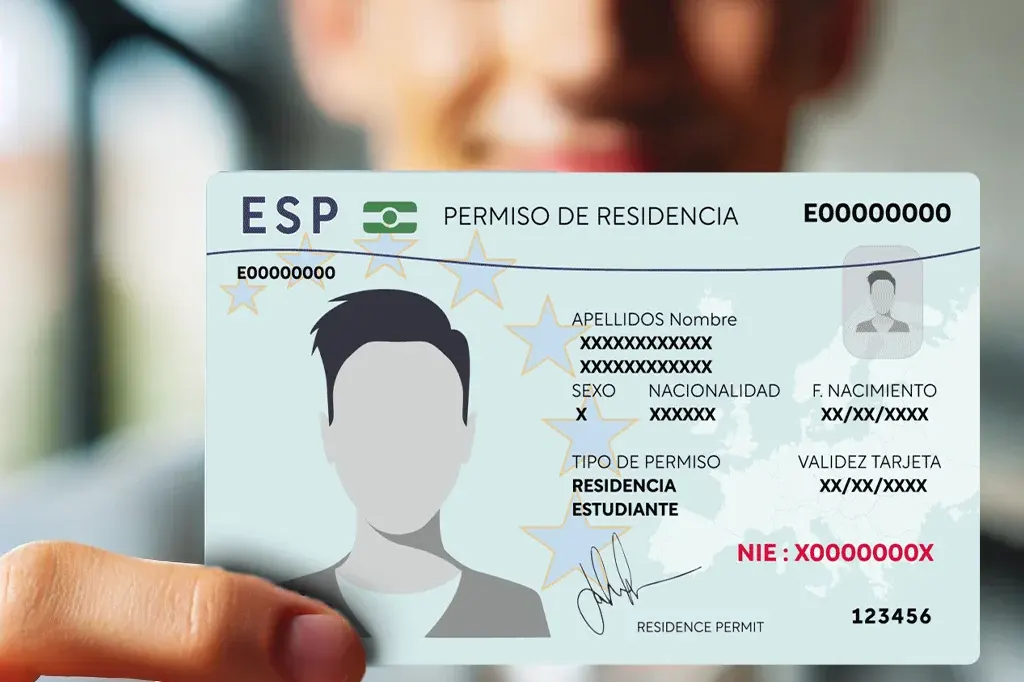Introduction
If you plan to stay in Spain for an extended period, understanding the difference between the two main residency statuses—Long-Term Residency (Residencia de Larga Duración) and Permanent Residency (Residencia Permanente)—is crucial. Choosing the right status ensures that you can live in the country legally while enjoying the full range of benefits available.
At first glance, these statuses might seem similar, but there are significant differences. Let’s break down their key distinctions, the requirements for obtaining them, and who each status is best suited for.
Similarities and Differences
Both Long-Term and Permanent Residency allow you to legally live and work in Spain. Additionally, after ten years of continuous residence in the country, you may be eligible to apply for Spanish citizenship. To qualify for either status, you must have lived in Spain for at least five years.
However, when you dive into the details, the differences become clear:
- Long-Term Residency: This status is designed for citizens of non-EU countries and is issued for five years. After this period, it must be renewed by providing proof of employment and valid health insurance. Moreover, if you leave the EU for more than 12 consecutive months, you may lose your status.
- Permanent Residency: This status offers greater stability. It is granted for ten years and is ideal for EU citizens, their family members, and UK nationals (under the Brexit agreement). Renewing this status is straightforward and does not require additional documentation. You can also spend up to two years outside Spain without losing your residency.
Requirements for Obtaining Residency
- Long-Term Residency: You must demonstrate uninterrupted residence in Spain for the past five years. Additional requirements include proof of employment or a steady income and valid health insurance.
- Permanent Residency: The requirements are slightly more relaxed. You need to provide documentation confirming your five-year residence in Spain and evidence of financial stability, such as bank statements.
Who Is It For?
Long-Term Residency: If you are a non-EU citizen planning to live and work in Spain, this status is a good fit. However, be prepared for periodic renewals and meeting financial criteria.
Permanent Residency: This status is ideal for EU citizens, their family members, and UK nationals. It offers more freedom and stability while minimizing bureaucratic hurdles.
Conclusion
If you are seeking stability and long-term plans in Spain, Permanent Residency is the best choice. It is easier to obtain and provides more flexibility. Long-Term Residency, on the other hand, suits those who don’t mind renewing their status every five years and want to maintain employment opportunities in Spain.
Navigating the process of selecting and applying for residency can be complex. Our agency is here to guide you, help prepare the necessary documents, and make the entire process as seamless as possible.
How Can We Help?
We offer comprehensive support at every stage of the residency application process. Need advice? Contact us now! We’ll help you choose the right status and prepare all the paperwork.
📲 Check out the latest property listings on our Telegram Channel.
🏡 Stay updated on life in Spain by following us on Instagram.

